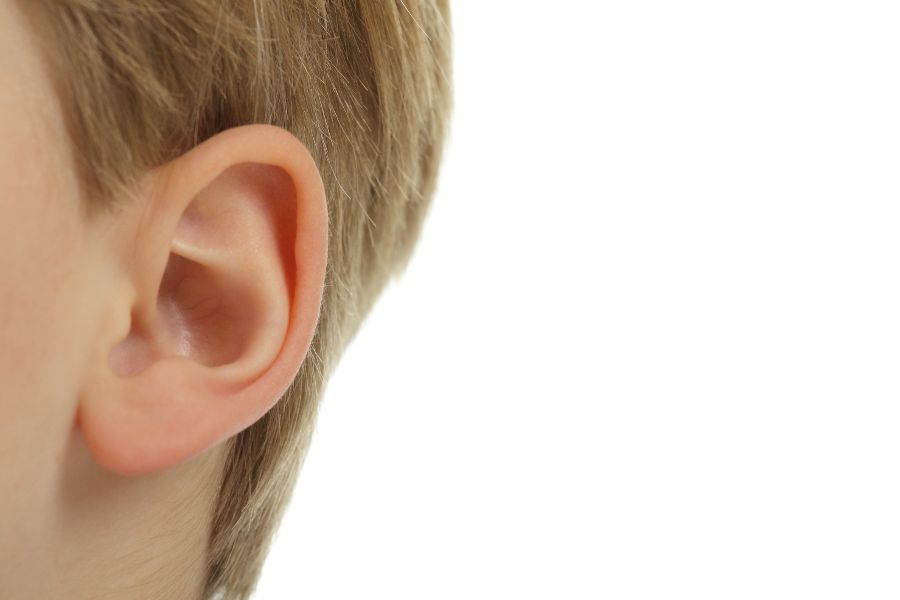
Medical negligence: young boy’s hearing damaged in ear surgery

A boy was aged five when he did what many children do. He inserted a foreign body into his ear.
He told his mother. She contacted his GP who advised her to take him to an accident and emergency department. He was seen by a triage nurse, who called an Ear, Nose and Throat (ENT) Senior House Officer (SHO) for review.
The SHO noted a yellow semi-translucent foreign body in the right ear canal. He attempted removal of the foreign body using a wax hook, crocodile forceps and suction, but this was causing too much discomfort. He administered ear drops to reduce inflammation and waited for a period before making a further unsuccessful attempt to remove the foreign body. He then had discussions with the ENT Speciality Registrar. It was decided that the boy would need emergency surgical intervention. His parents consented to the risks identified as bleeding, tympanic membrane perforation, and general anaesthesia risks.
The young boy returned for surgery the following day. Initially it was undertaken by the ENT Speciality Registrar, but he was unable to remove the foreign body. He sought assistance from a Consultant ENT Surgeon. The Consultant removed the foreign body, which turned out to be a gold-coloured translucent piece of glass. Sadly, while in theatre, the boy sustained a tympanic membrane perforation and disruption to the entire ossicular chain (the three connecting bones in the ear).
After removal of the foreign body the Consultant discussed the need for an urgent surgical repair with the boy’s parents. They gave their consent to an ossiculoplasty (a surgical repair of the ossicular chain), which the Consultant then carried out.
The boy now has a permanent conductive hearing loss in his right ear. He needs to wear a hearing aid.
It was agreed that the damage to the tympanic membrane ossicular chain occurred while the boy was in theatre, and not as the object was inserted or removal attempted before surgery.
The issues before the court were (1) did the claimant prove the mechanism of injury on the balance of probabilities and (2) was there a breach of duty on the part of the Senior House Officer or the Consultant.
The Consultant was called by the Health Board to give evidence at the trial but, surprisingly, the Senior House Officer was not.
In the personal injury case of the boy versus the NHS Trust (OXR v Mid and South Essex Hospital NHS Trust, which concluded in August 2023) the court found that the injury occurred in theatre before the Consultant was called to take over the operation. It found that on the balance of probabilities it occurred while the SHO was attempting manipulation and removal of the foreign body using the wax hook. He would have felt resistance from the ossicles before the point of damage. Either he did not notice he was experiencing resistance from the intact ossicles before causing damage; or he was aware of the resistance but continued regardless.
By causing the damage it followed that he did not stop attempting to remove the foreign body as soon as he should have done. Inappropriate technique and/or excessive force on his part, on the balance of probabilities, caused the damage. This was a breach of duty for which the Health Board was legally responsible, and compensation has been awarded to the boy.
If you have suffered an injury or illness due to medical negligence and want to make a claim for compensation, please contact us for advice.
Email Gordon Milligan
Call our personal injury claims team free on 0808 560 0872
Arrange a callback by using our enquiry form
Share this page
- Personal injury claims
- Our personal injury team
- How to make a personal injury compensation claim
- How to choose a personal injury solicitor
- Claim now
- Personal injury claim calculator
- How claims are valued
- Frequently asked questions
- Types of personal injury claim
- How to sue someone in the Scottish courts
- Recent successes
- Testimonials
- Injury Compensation Alliance

